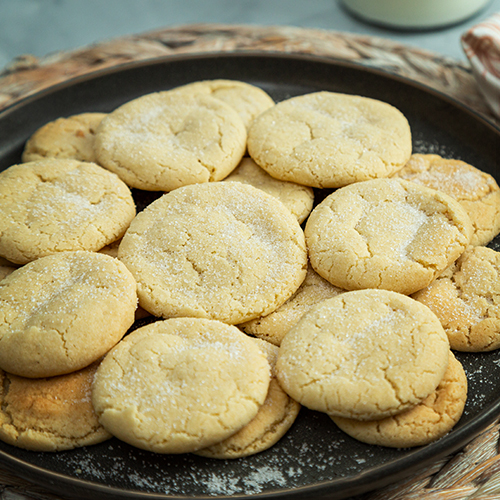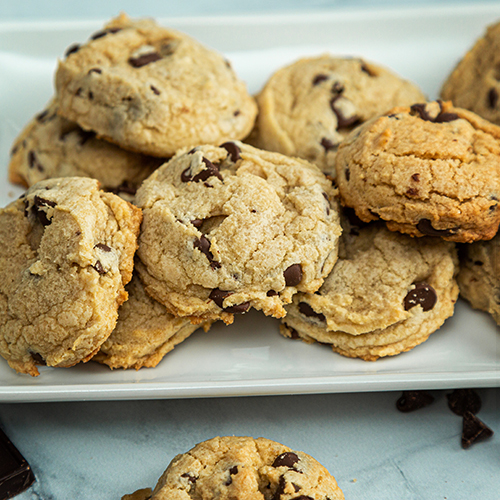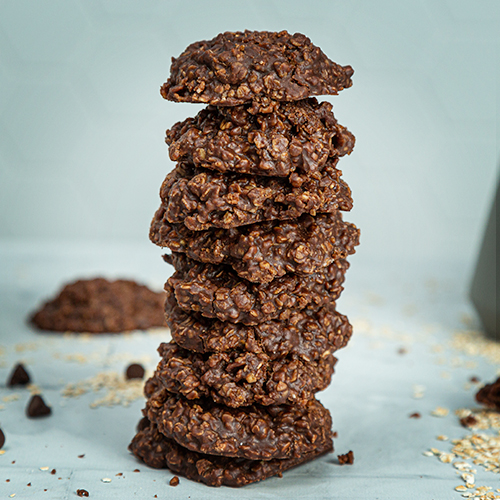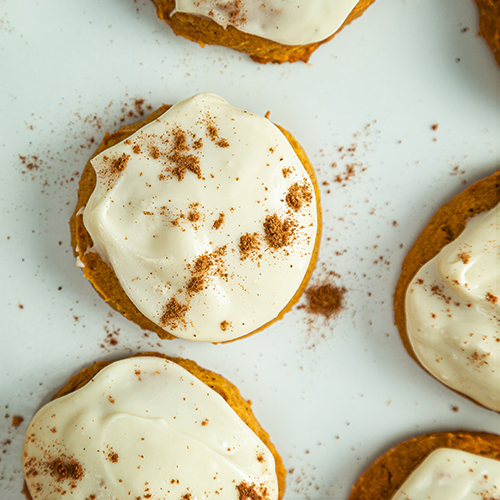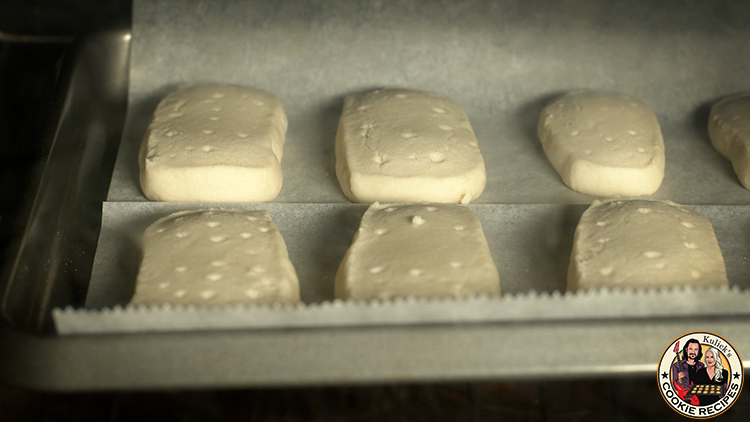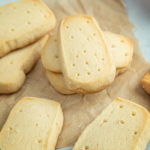Cookies Versus Biscuits
Many people believe that “biscuits” are just English “cookies” and that “cookies” are just American “biscuits.” But this isn’t the case. The truth is that there are quite a few differences between the tasty treats we call cookies and the baked goods the Brits call biscuits.
Dough and Texture
Cookies are made using thick and soft dough that often leads to a much denser final product than British biscuits. By comparison, a fully baked cookie will generally end up much softer and larger than your typical British biscuit.
In contrast, a British biscuit’s dough is considerably tougher than that of a cookie, largely because biscuits require far fewer ingredients: just sugar, flour, and butter. Due to this, a biscuit’s texture tends to be much more firm and crumbly.
Varieties and Extras
Another area that highlights the differences of cookies versus biscuits is the added ingredients. While both have general base recipes for baking, it’s the extras that bakers choose to add in and how they do so that create such a wide variety of products within their own respective categories.
Cookies certainly have no shortage of extra ingredients that can be added to the dough. Chocolate chips, raisins, candies, and nuts are common add-ins for cookie dough. When baking cookies, these extras are most often added to the dough and baked within the cookie itself.
British biscuits, on the other hand, see most of their extras added after the baking portion is finished. These ingredients are more commonly used to dress up the baked good in elaborate fashion at the end, as opposed to the cookie approach, where they’re just mixed right into the dough. Some common additional ingredients for British biscuits include icing, caramel and/or chocolate drizzle, or jam.

